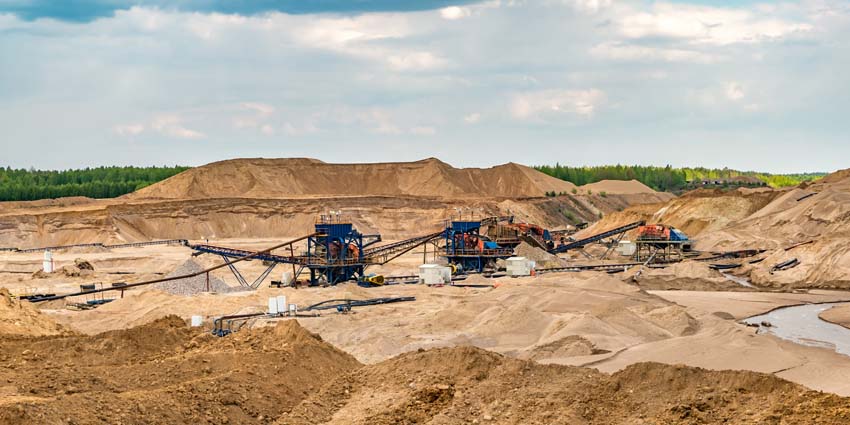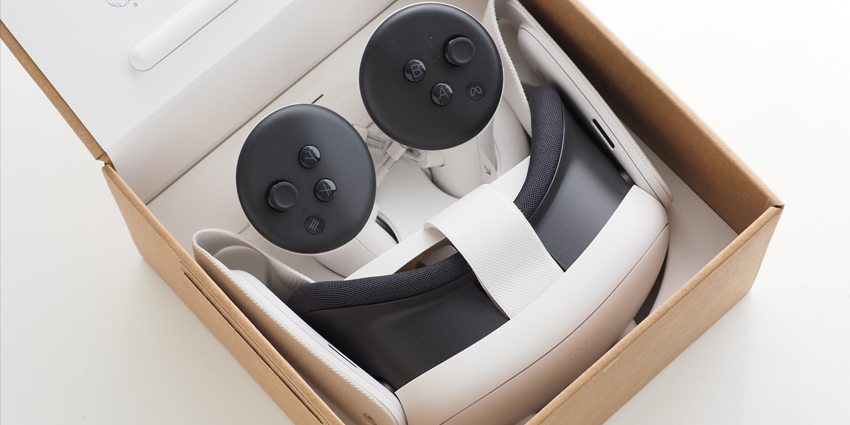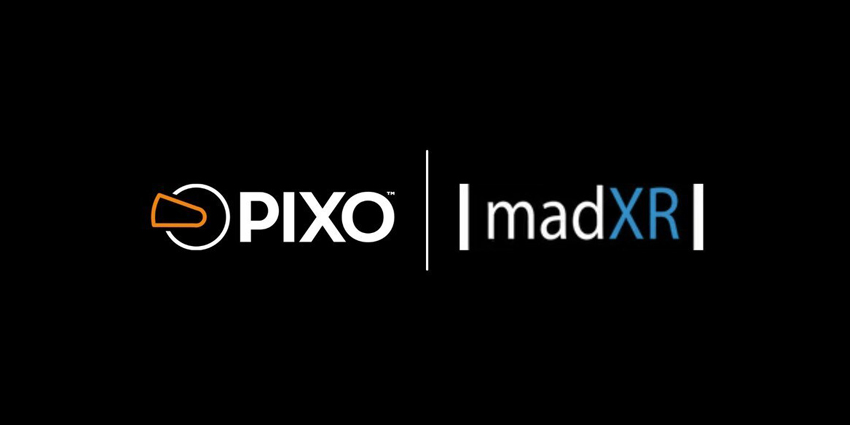Virtual reality (VR) training firm Motive has been testing its new Mine Hazard Awareness Training module with several key organisations in the mining industry, leading to a major increase in training knowledge retention rates and cost-effective solutions, it was revealed at a webinar in late June.
The solution is a partnership between Motive.io, South Dakota Mines, and the US Department of Labor’s Mine Safety and Health Administration (MSHA), and designed using the Unity VR platform.
Destery Hildenbrand, Learning Experience Producer at Motive.io, and Clint King, Mining Engineer for South Dakota (SD) Mines, joined Sean Guerre, Managing Director at InnovateEnergy for the talks.
Mr Hildenbrand carries 15 years in training and development for higher education and corporate facilities, and currently focuses on engagement via technology and immersive experiences.
Clint King currently leads teams as a mining engineer and uses his expertise in mining and oil and gas to boost virtual reality training solutions.
Motive’s Mining Training Solution
According to Mr Hildenbrand, the project aimed to provide a “safe, realistic and effective experience” for mining workforces to identify potential safety hazards in open-pit mine environments.
The VR training module allowed the project to train mining staff for hazardous enviornments “effectively” without the risk of physical threats using digital twins of mining sites.
Mr King explained Motive’s MSHA New Miner Training module would facilitate improved safety as well as an “efficient and successful way” to train new employees with additional scalability, adding:
“We had to look at the records of safety we were seeing a lot of repeat offences in my research, and we needed to come up with a more effective, useful ways to train. Our solution was VR to create something useful, practical, and scalable because there were a lot of moving components to this project”
He added the module allowed trainees to become aware of common hazards and change behaviour “on and off the job site”, adding VR would help bridge the gap between learning safety with new methods while providing ease of use, customisation, and rapid upscaling using Motive’s VR authoring tools.
According to figures from Motive.io cited in the webinar, the VR training module provided 30 percent of workers with immediate retention improvement after initial training, compared with instructor-led training (ILT), and 86 percent retained knowledge after 30 or more days.
100 percent of MSHA participants preferred VR training compared to ILT, the research added.
Long-Term Impact of VR Safety Training
When asked by XR Today about the speakers’ views on the long-term benefits of the module’s capability to reduce on-site accidents or training costs, Clint replied more long-term figures were needed.
He added it was easier to record ‘slip, trip, and fall’ incidences, which reach from 20,000 to 30,000 each year, but effective training materials that prevent such accidents would be money “well spent”.
Mr King told XR Today:
“We’re trying to keep up with the people we have trained, and it’s part of my research, essentially, to follow this and update as I go along. For us it would be great to hear people say, ‘I was going to do this a certain way, but I thought of your module and training, and I decided against it, which saved my life’. That’s a big win right there”
Mr Hildenbrand explained organisations should compare the costs between VR training and ILT, but companies could easily spend $20,000 USD for each typical medium complexity e-learning module.
He said:
“You do four or five of those, and all of a sudden… Can we do the same thing in VR? Maybe, as it depends on the topic, [but] I don’t think people realise the cost of doing business and working in VR is much less than it once was, especially utilising that ability to rapidly author your content”
The Industrial XR Forum focuses on the global industrial extended reality (XR) industry while providing use cases for projects involving VR, augmented reality (AR), Digital Twin, and 3D spatial computing.
Panelists speaking at the event included Oberon Technologies CMO Vi Kellersohn, ArborXR Co-Founder Jordan Williams, EndeavorVR CEO and Founder Amy Peck, PIXO CPO Scott Oliverio, and many others.







